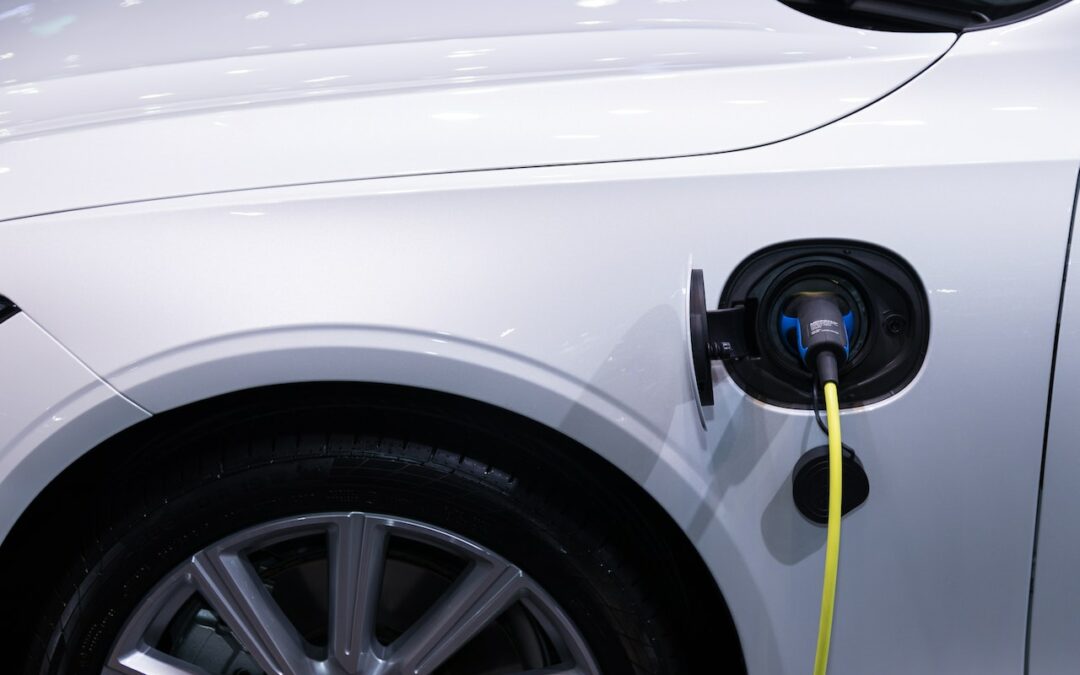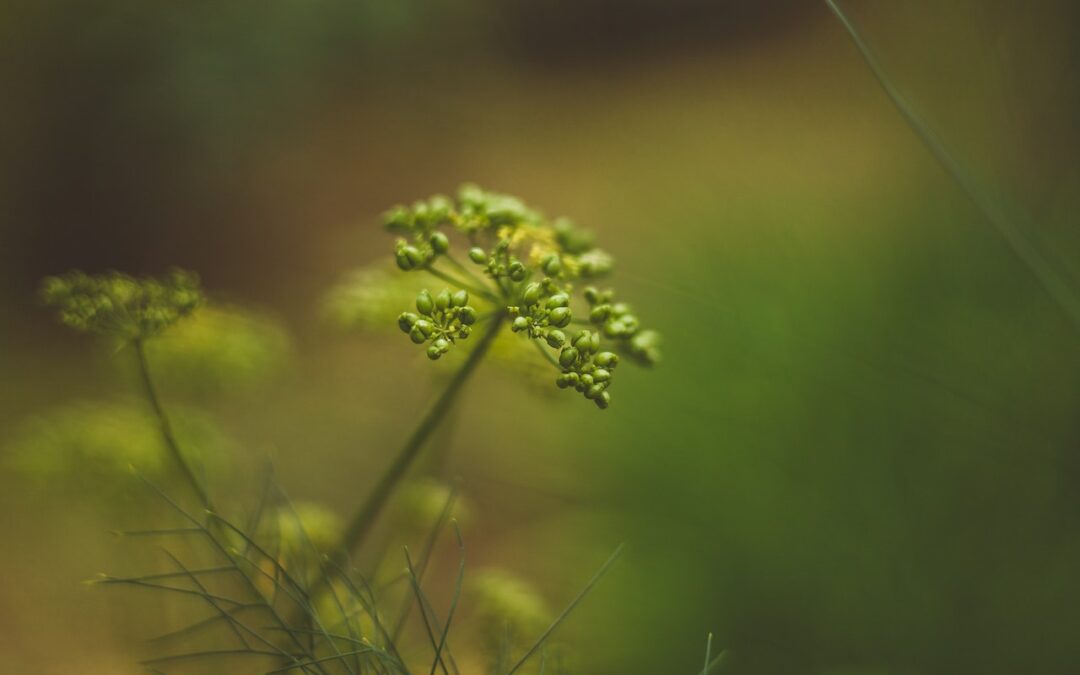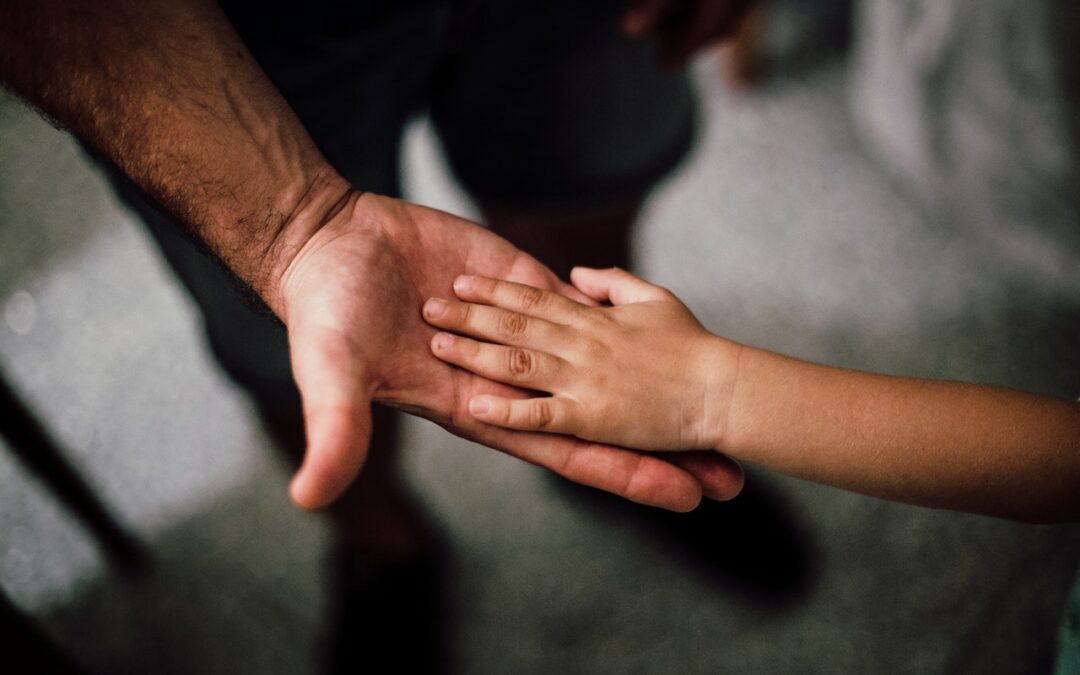
by Komoneed | Jun 4, 2025
In Halifax County, Virginia, a futuristic farm is taking shape, where a 65-megawatt solar farm is sharing space with grazing lambs and a 10-hive apiary that is home to 500,000 bees. The bees are taking flight at Crystal Hill Solar, an agrivoltaic site with the capacity to power 10,800 homes per year, according to the […]
The post Agrivoltaic Farm Project in Virginia Hosts Solar, Sheep and 500,000 Bees appeared first on EcoWatch.

by Komoneed | Jun 4, 2025
The plug-in hybrid market has grown exponentially in recent years. Here are our electrified favourites

by Komoneed | Jun 4, 2025
In this podcast episode, the Mastercard sustainability chief talks about how cardholders, merchants and payment systems can work together to promote sustainable consumption.
The post Mastercard CSO: ‘Making more sustainable choices is a megatrend’ appeared first on Trellis.

by Komoneed | Jun 3, 2025
The Toyota Aygo X has been updated with hybrid power from the Yaris, which now means the brand’s entry model has become one of Britain’s lowest polluters

by Komoneed | Jun 3, 2025
April can only mean one thing: Fashion Revolution Week is upon us. The Week—which runs from 22nd to the 27th—is Fashion Revolution’s annual campaign bringing together the world’s largest fashion activism movement for five days of action. Here’s how you can get involved. Fashion Revolution Week 2025: Think globally, act locally Fashion Revolution Week came […]
The post How to Get Involved in Fashion Revolution Week 2025 appeared first on Good On You.




